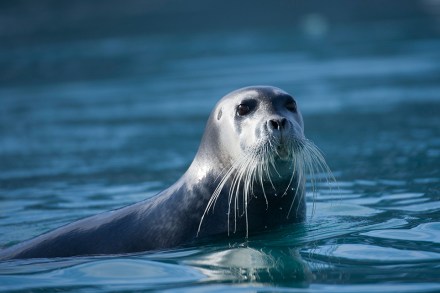Bats have suffered too long from the ‘Dracula effect’
Perhaps it is not surprising that bats, which sleep by day, feed by night and swoop through the darkness as erratically as moths, are among the least understood group of mammals. Yet one of the most poorly appreciated facts about them is their global success. They have a near universal presence across six continents and are amazingly diverse, with 1,500 species, representing almost a quarter of all mammals. We can blame our negative attitude towards them on a certain Victorian novelist. The representative of a British environmental group once recalled how they frequently received questions such as: ‘Do all bats drink blood?’ Here, fortunately, is the book to counter Dracula


